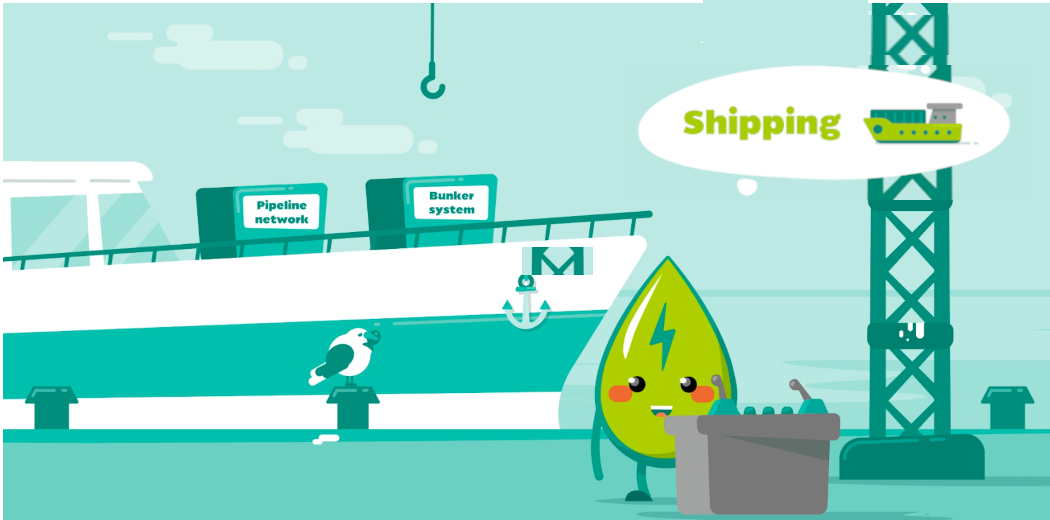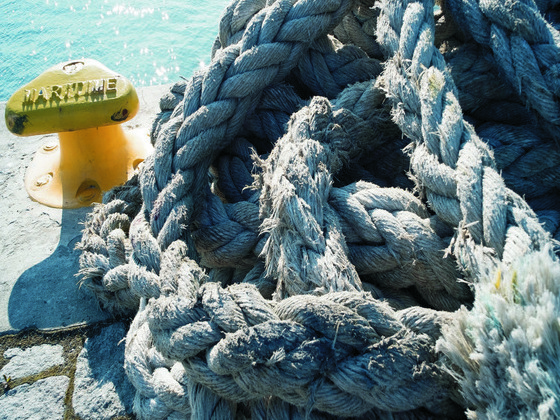The innovation focus on shipping examines the role of renewable fuels in the maritime sector in the context of international climate targets - in particular the IMO target of making shipping climate-neutral by 2050. A particular focus is on methanol, which is currently the most technologically and regulatory mature option - ahead of ammonia and hydrogen. The work includes the analysis of international and European regulations (including FuelEU Maritime, EU-ETS, shore power obligation, IMO regulation), the assessment of alternative fuels in terms of maturity and infrastructure compatibility as well as workshops and studies on market entry barriers, investment incentives and infrastructure requirements. The focus is on the impact of regulatory requirements on investment and fuel choice, market dynamics and barriers as well as the compatibility of existing infrastructures. A stakeholder analysis also sheds light on the different interests and levels of influence within the maritime value chain.
The overarching goal is toto create a common understanding of the technical, regulatory and political need for action and to develop practical solutions for the market ramp-up of climate-neutral marine fuels.
The Chair of Reciprocating Engines and Internal Combustion Engines at the University of Rostock and Rolls-Royce Solutions GmbH are responsible for the "Shipping" focus area.
%20KIT_Markus%20Breig%20und%20Amadeus%20Bramsie-3.jpg)


